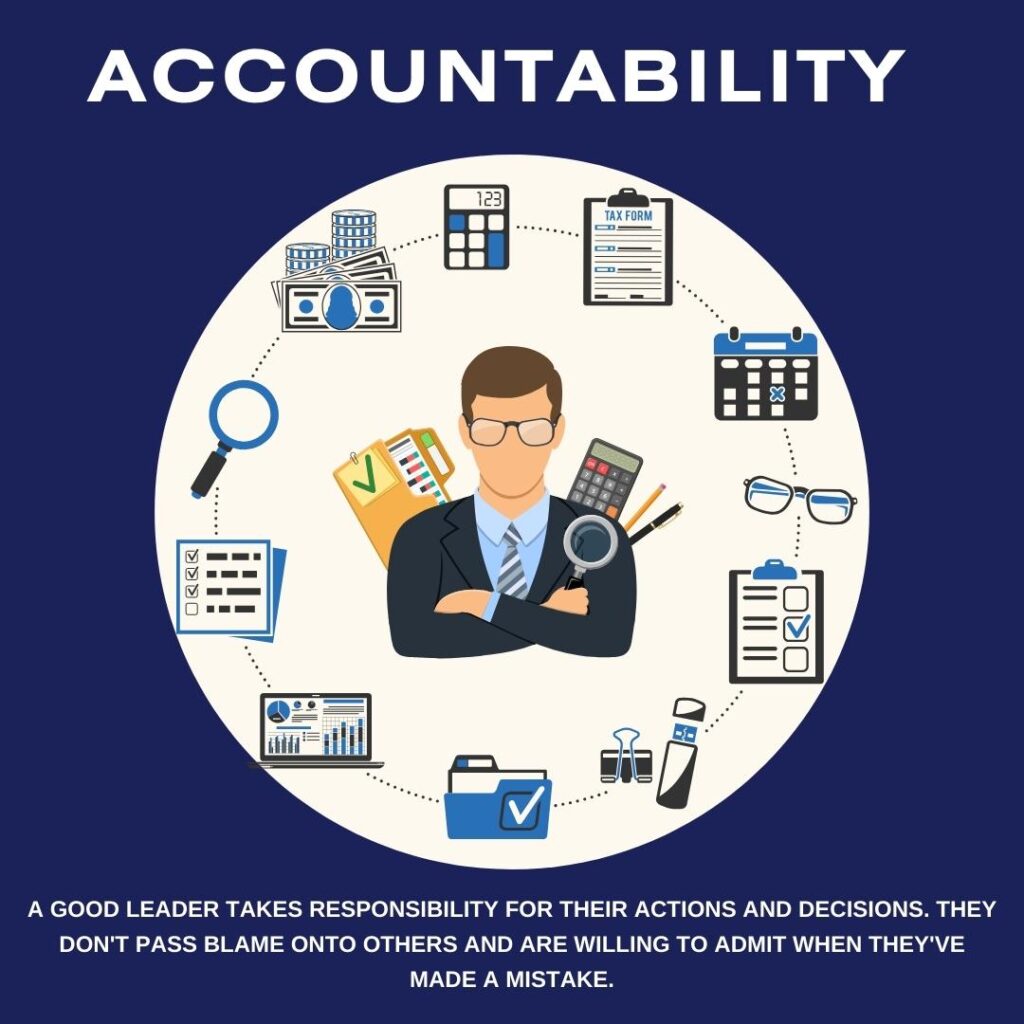Born Leaders are lifelong learners and such leaders must create more leaders as they evolve! A great or effective leader has to be ‘Emotionally Intelligent’ and he/she must possess ‘Soft skills’ that are essential for coaching & mentoring his or her team. A Leader is not merely put in a position of authority to sit in their cabins and lead like a boss! In the current scheme of organizational structures, the leader sits with his team as younger entrepreneurs prefer flat organizations vis-a-vis a hierarchical structure, so he has to exemplify what he expects from his/her/their team! He must be a role model for others and should be humble enough to accept when he makes mistakes!
Leaders with strong emotional intelligence and soft skills training abilities possess the capacity to understand, manage, and connect with their emotions and those of their team members. They excel in communication, conflict resolution, empathy, and teamwork.
A good leader has qualities and skills that inspire and guide a team/organization towards a common goal.
A Few Essential Attributes of a Good Leader Are:
Visionary: A good leader has a clear vision of the future and can articulate it in a way that motivates and inspires others.
Integrity: They act with honesty, transparency, and a strong sense of ethics. They lead by example.
Empathy: A good leader understands and considers other’s perspectives.
Effective Communicator: They communicate clearly and actively listen to team members.
Adaptability: A good leader is flexible and can navigate through change and uncertainty.
Confidence: They have confidence in themselves and their team’s abilities.
Decisiveness: A good leader can make tough decisions, even in challenging situations.
Resilience: They are able to bounce back from setbacks and view failures as learning opportunities.
Accountability: A good leader takes responsibility for their actions. They don’t blame others.

Delegation Skills: They are skilled at assigning tasks and responsibilities appropriately. They empower their team to take ownership of their work.
Conflict Resolution Skills: They can navigate conflicts and disagreements in a constructive and fair manner.
Inspiration and Motivation: A good leader motivates, appreciates, inspires, recognises, and rewards other’s contributions and efforts.
Empowers Others: They help others grow and develop by providing opportunities for learning, advancement, and autonomy.
Adaptation to Change: Leaders must stay updated on industry trends, technology, and changing dynamics to make informed decisions and lead their teams effectively.
Personal Growth: Continuous learning helps leaders grow personally and professionally. It enhances their problem-solving skills, critical thinking, and decision-making abilities.
Adoption of Best Practices: Best practices sharing enhances organizational efficiency and performance.
Mentorship and Coaching: Leaders can pass on the knowledge they gain to their team members, nurturing talent and promoting professional development.
Future-Proofing: Learning helps leaders prepare for the future and anticipate challenges. By identifying potential obstacles, leaders can proactively address them.
Networking: Continuous learning often involves meeting new people and building a network of peers, mentors, and experts who can provide support and valuable insights.

Remember, leadership is a continuous journey of growth and self-improvement. A good leader is always seeking ways to enhance their skills and create a positive impact on their team and organization. Leaders and Managers are role models for the rest of the workforce hence they should learn together to enable a collaborative ambience at the workplace. It naturally taxonomizes the vision & the culture of the organization and it conveniently trickles down to the rest of the workforce forming a team that finds solutions together and fosters mutual trust which is imperative in driving organizational goals forward. The camaraderie in the blended team will be palpable!





Leave a Reply